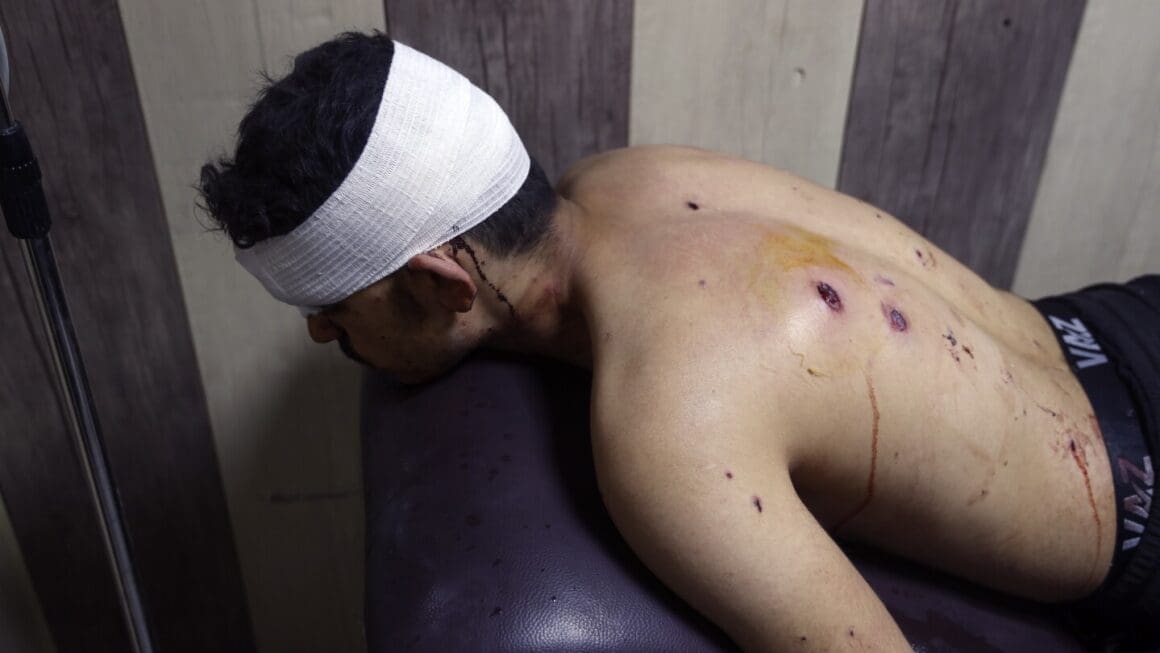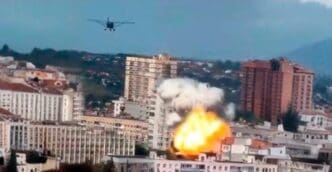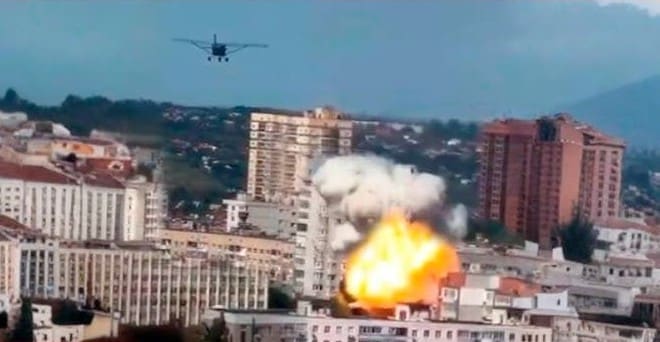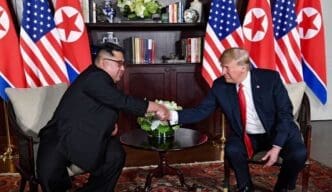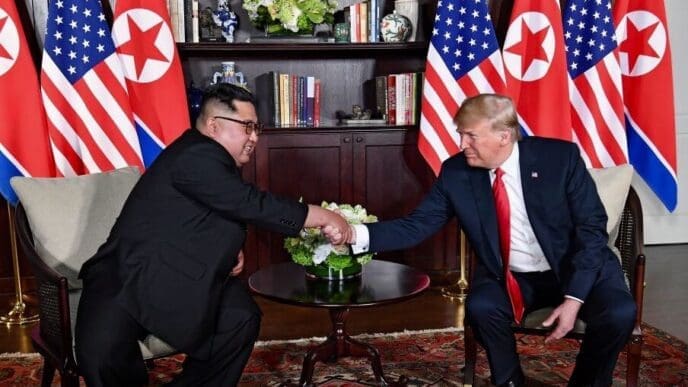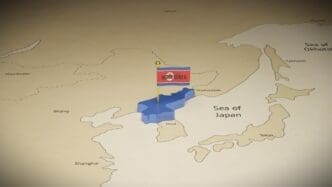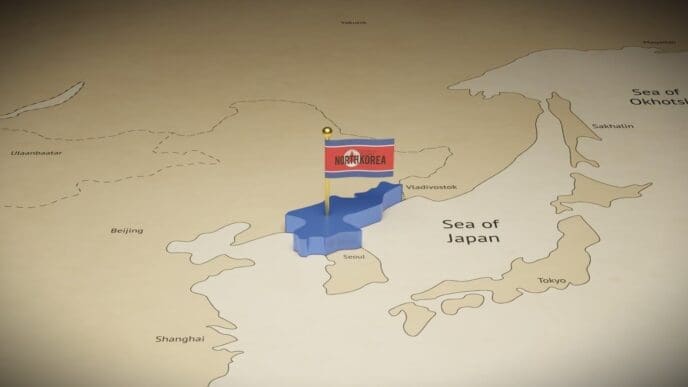In a strategic move amid escalating conflict, Iranian-backed Iraqi militias have been deployed to Syria to strengthen the government’s counteroffensive against insurgents, who recently made significant advances in Aleppo.
The insurgency, spearheaded by the jihadi group Hayat Tahrir al-Sham, initiated a coordinated attack on Aleppo and its surrounding countryside, including Idlib and Hama provinces. This offensive has prompted Syrian government forces to establish a fortified defensive line in northern Hama in a bid to halt the insurgents’ progress. Additionally, Syrian and Russian jets have been actively targeting rebel-held areas with airstrikes, especially in Hama and Idlib.
Iran’s commitment to supporting Syria was reiterated during a meeting in Damascus between Iranian Foreign Minister Abbas Araghchi and Syrian President Bashar Assad. Araghchi affirmed Iran’s unwavering support for the Syrian government, stating, ‘I clearly announced full-fledged support to President Assad, government, army, and people of Syria by the Islamic Republic of Iran.’ This alliance has been pivotal since the outbreak of widespread protests against President Assad in 2011, which evolved into a full-scale conflict.
In response to the insurgents’ advances, Iraqi militias, already present in Syria, have mobilized additional troops. An estimated 200 militia members, traveling on pickups, crossed into Syria through the critical Bou Kamal crossing. They are expected to join forces in Aleppo to bolster the Syrian army’s efforts to repel the insurgents, according to reports from the Syrian Observatory for Human Rights.
The humanitarian impact of the conflict has been significant. Airstrikes by government forces have resulted in civilian casualties. The Syrian Civil Defense, also known as the White Helmets, reported that at least ten civilians have died in Idlib province alone. The ongoing violence has prompted mass displacement, particularly among the Kurdish population, who are fleeing after Turkish-backed rebels seized control of Tel Rifaat from rival Kurdish authorities supported by the U.S. The Kurdish-led Syrian Democratic Forces have largely retreated, requesting the establishment of a humanitarian corridor to facilitate safe passage for those fleeing towards Aleppo and eventually to Kurdish-controlled regions in the northeast.
The situation in Syria remains fluid and complex, with various factions vying for control and external actors exerting influence. As Iranian-backed militias reinforce the Syrian government’s efforts, the humanitarian consequences and geopolitical ramifications of this conflict continue to unfold, demanding attention and resolution.
Source: Apnews
Source: Apnews

